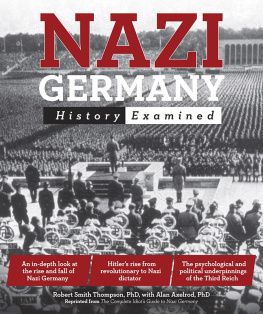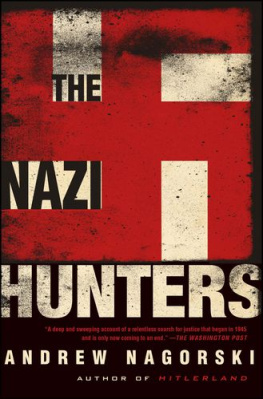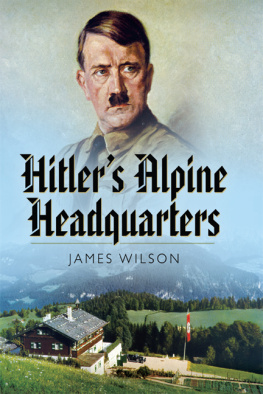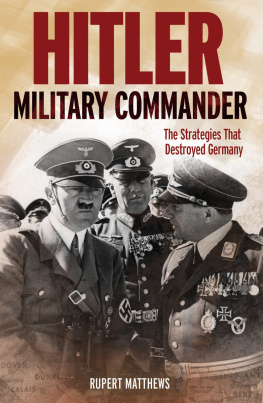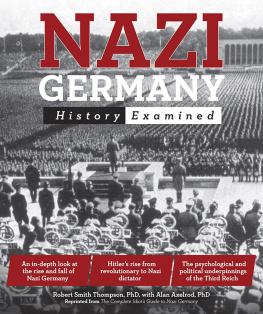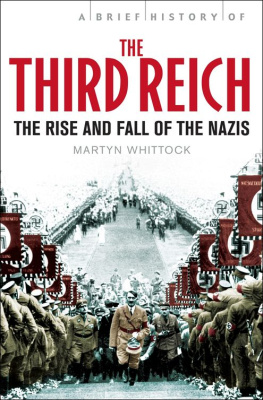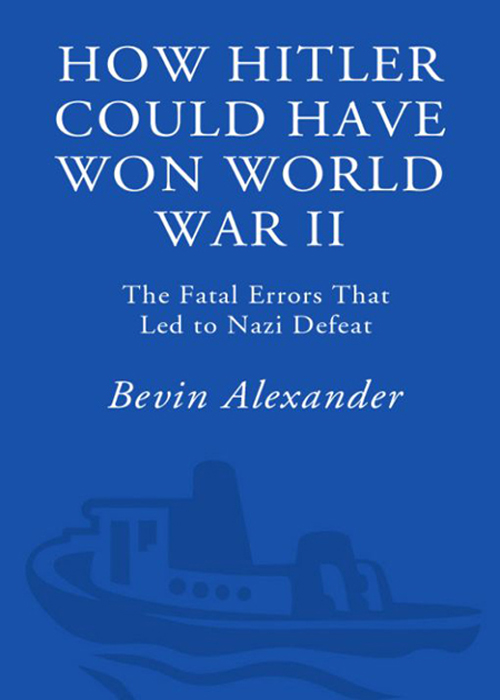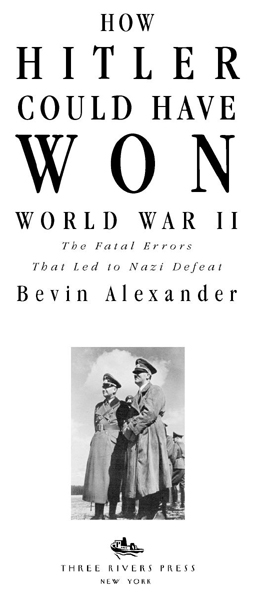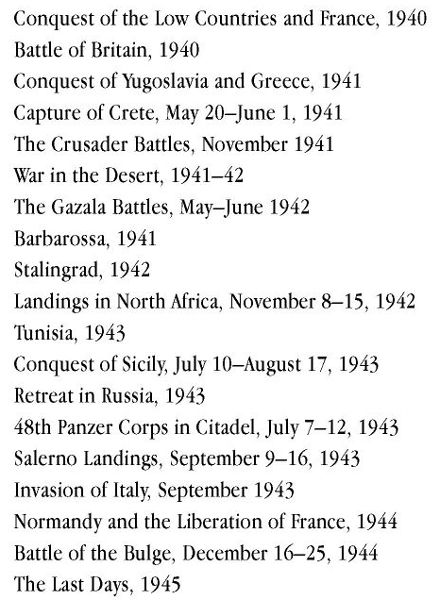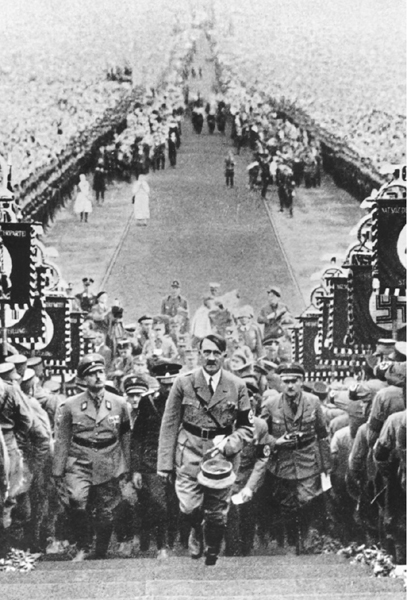Bevin Alexander - How Hitler Could Have Won World War II: The Fatal Errors That Led to Nazi Defeat
Here you can read online Bevin Alexander - How Hitler Could Have Won World War II: The Fatal Errors That Led to Nazi Defeat full text of the book (entire story) in english for free. Download pdf and epub, get meaning, cover and reviews about this ebook. year: 2000, publisher: Crown, genre: History. Description of the work, (preface) as well as reviews are available. Best literature library LitArk.com created for fans of good reading and offers a wide selection of genres:
Romance novel
Science fiction
Adventure
Detective
Science
History
Home and family
Prose
Art
Politics
Computer
Non-fiction
Religion
Business
Children
Humor
Choose a favorite category and find really read worthwhile books. Enjoy immersion in the world of imagination, feel the emotions of the characters or learn something new for yourself, make an fascinating discovery.

- Book:How Hitler Could Have Won World War II: The Fatal Errors That Led to Nazi Defeat
- Author:
- Publisher:Crown
- Genre:
- Year:2000
- Rating:4 / 5
- Favourites:Add to favourites
- Your mark:
How Hitler Could Have Won World War II: The Fatal Errors That Led to Nazi Defeat: summary, description and annotation
We offer to read an annotation, description, summary or preface (depends on what the author of the book "How Hitler Could Have Won World War II: The Fatal Errors That Led to Nazi Defeat" wrote himself). If you haven't found the necessary information about the book — write in the comments, we will try to find it.
With an acute eye for detail and his use of clear prose, acclaimed military historian Bevin Alexander goes beyond counterfactual What if? history and explores for the first time just how close the Allies were to losing the war. Using beautifully detailed, newly designed maps, How Hitler Could Have Won World War II exquisitely illustrates the important battles and how certain key movements and mistakes by Germany were crucial in determining the wars outcome. Alexanders harrowing study shows how only minor tactical changes in Hitlers military approach could have changed the world we live in today.
How Hitler Could Have Won World War II untangles some of the wars most confounding strategic questions, such as:
Why didnt the Nazis concentrate their enormous military power on the only three beaches upon which the Allies could launch their attack into Europe?
Why did the terrifying German panzers, on the brink of driving the British army into the sea in May 1940, halt their advance and allow the British to regroup and evacuate at Dunkirk?
With the chance to cut off the Soviet lifeline of oil, and therefore any hope of Allied victory from the east, why did Hitler insist on dividing and weakening his army, which ultimately led to the horrible battle of Stalingrad?
Ultimately, Alexander probes deeply into the crucial intersection between Hitlers psyche and military strategy and how his paranoia fatally overwhelmed his acute political shrewdness to answer the most terrifying question: Just how close were the Nazis to victory?
Why did Hitler insist on terror bombing London in the late summer of 1940, when the German air force was on the verge of destroying all of the RAF sector stations, Englands last defense?
With the opportunity to drive the British out of Egypt and the Suez Canal and occupy all of the Middle East, therefore opening a Nazi door to the vast oil resources of the region, why did Hitler fail to move in just a few panzer divisions to handle such an easy but crucial maneuver?
On the verge of a last monumental effort and concentration of German power to seize Moscow and end Stalins grip over the Eastern front, why did the Nazis divert their strength to bring about the far less important surrender of Kiev, thereby destroying any chance of ever conquering the Soviets?
Bevin Alexander: author's other books
Who wrote How Hitler Could Have Won World War II: The Fatal Errors That Led to Nazi Defeat? Find out the surname, the name of the author of the book and a list of all author's works by series.

